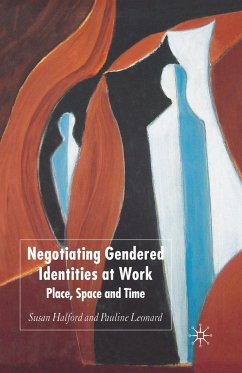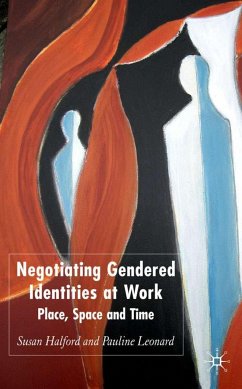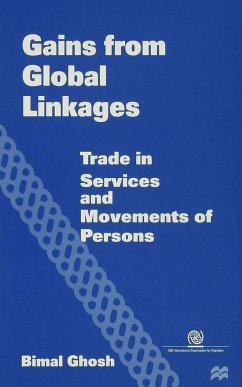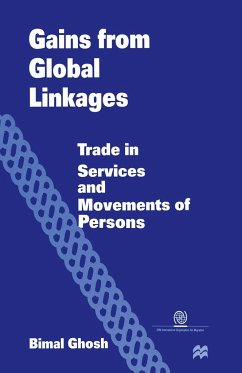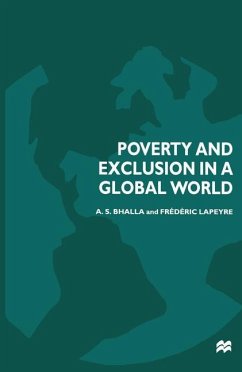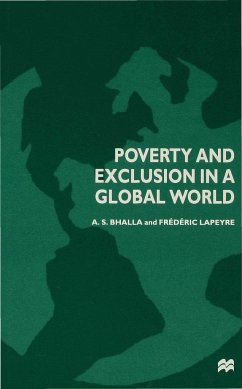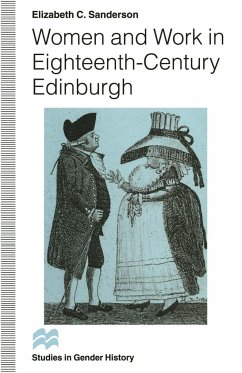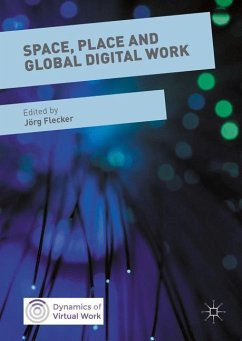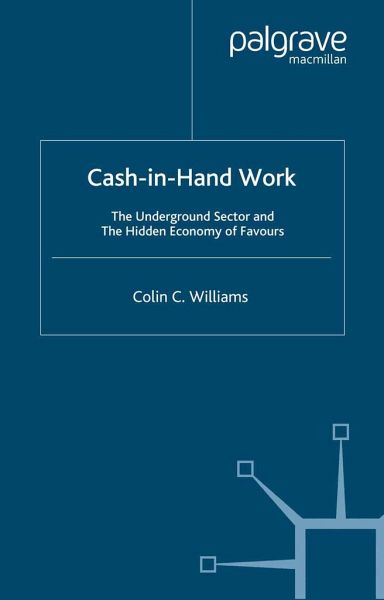
Cash-In-Hand Work
The Underground Sector and the Hidden Economy of Favours

PAYBACK Punkte
19 °P sammeln!
Uncovering how cash-in-hand economies are composed of not only the underground sector (work akin to formal employment conducted for profit-motivated purposes), but also a hidden economy of favours more akin to mutual aid, this book displays the need to transcend conventional market-oriented readings of cash-in-hand work and radically rethink whether seeking its eradication through tougher regulations is always appropriate. It argues for a variegated policy approach that recognizes these two distinct forms of cash-in-hand work and which tailors policy accordingly.





